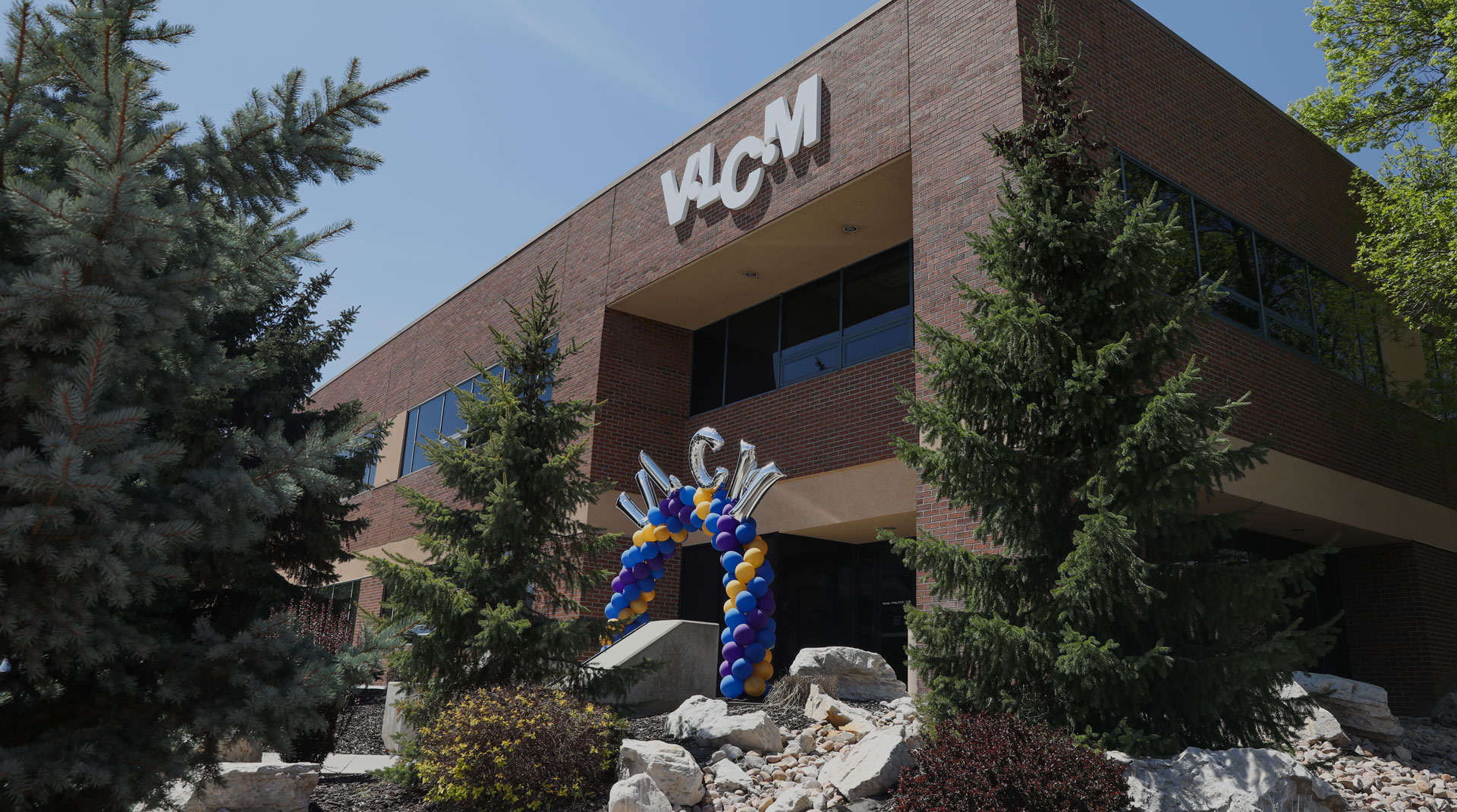
My name is Elise. I'm a senior at the University of Utah--about to graduate with a bachelor's degree in Kinesiology in seven (7?!) weeks--and I am responsible for the day-to-day operations of VLCM Foundation.
When I started here a year and a half ago, I was pursuing the prerequisites to apply for medical school and had jumped at the chance to be a part of efforts to raise money for cancer research.
I love research. I love to look up studies whenever I get curious about something. There's no need for speculation; somebody's probably done the research. Do you think people with dogs are healthier because they might get more exercise (assuming they actually walk the dog)? Quite a few studies suggest that's the case. Do you think things in the air, or even in space, could be affected by earthquakes? A low-orbiting satellite called GOCE has been. Do you think being asked to donate money to charity in a good smelling room makes people more likely to donate than if they were asked in a room that didn't smell like anything? One study says yes. It's bizarre, in the best possible sense of the word.
I frequently consider sharing "cool" graphs from studies on social media before I remember that probably none of my friends care. Call me a nerd if you want, I can't deny it. In fact, my captivation with research is one of the reasons I'm no longer planning to go to medical school. I'd prefer to do research.
I also love health. I completed all my raw science classes—classes like Organic Chemistry, Biochemistry, Genetics, Anatomy, and Physiology—with teary-eyed, sleep-deprived fascination. It was both amazing and absolutely the worst, as many of my classmates would tell you. We were zombies by the end. By far the most complicated thing those classes ever touched on was cancer. As a species we have known it existed for thousands of years and yet we have only just begun to understand it.
I've never had cancer and I dearly hope never to have it, although the chances of that aren't great (according to the American cancer society, approximately 38% of women in the U.S. will deal with cancer at some point in their lives). People close to me have been diagnosed with cancer. There have been breast cancers caught early, skin cancers removed, and brain tumors that were not treatable.
From that perspective, it seems as though one of the most hate-able aspects of cancer is the same thing that makes it so complicated and difficult to prevent or cure: cancer is not some invader like an infection or a virus. It's a part of you; a part that has gone horribly wrong. It is existential crisis on the molecular level.
In his book 'The Emperor of All Maladies', doctor and author Siddhartha Mukherjee writes,
Cancer, we now know, is a disease caused by the uncontrolled growth of a single cell. This growth is unleashed by mutations — changes in DNA that specifically affect genes that incite unlimited cell growth. In a normal cell, powerful genetic circuits regulate cell division and cell death. In a cancer cell, these circuits have been broken, unleashing a cell that cannot stop growing.
That this seemingly simple mechanism — cell growth without barriers — can lie at the heart of this grotesque and multifaceted illness is a testament to the unfathomable power of cell growth. Cell division allows us as organisms to grow, to adapt, to recover, to repair — to live. And distorted and unleashed, it allows cancer cells to grow, to flourish, to adapt, to recover, and to repair — to live at the cost of our living. Cancer cells grow faster, adapt better. They are more perfect versions of ourselves.
The secret to battling cancer, then, is to find means to prevent these mutations from occurring in susceptible cells, or to find means to eliminate the mutated cells without compromising normal growth. The conciseness of that statement belies the enormity of the task. Malignant growth and normal growth are so genetically intertwined that unbraiding the two might be one of the most significant scientific challenges faced by our species. Cancer is built into our genomes: the genes that unmoor normal cell division are not foreign to our bodies, but rather mutated, distorted versions of the very genes that perform vital cellular functions. And cancer is imprinted in our society: as we extend our life span as a species, we inevitably unleash malignant growth (mutations in cancer genes accumulate with aging; cancer is thus intrinsically related to age). If we seek immortality, then so, too, in a rather perverse sense, does the cancer cell."
Knowing these things makes it clear, at least to me, that cancer research is not simply the burden of cancer researchers and the universities who employ them, but it is a societal burden. I feel the responsibility of contributing to that research falls at least partially on me. I love my job. I raise money for cancer research because I love research and health. I'm amazed at what we can learn and all the ways we can make life better. I also raise money for cancer research because I hate cancer.
Mukherjee got the title of his book from a note a 19th century doctor scribbled in a book, calling cancer the "the emperor of all maladies, the king of terrors." That may very well be the case, but I would submit that science is greater than cancer.
I'm proud to support that science through VLCM Foundation.

 1 Comments
1 Comments
